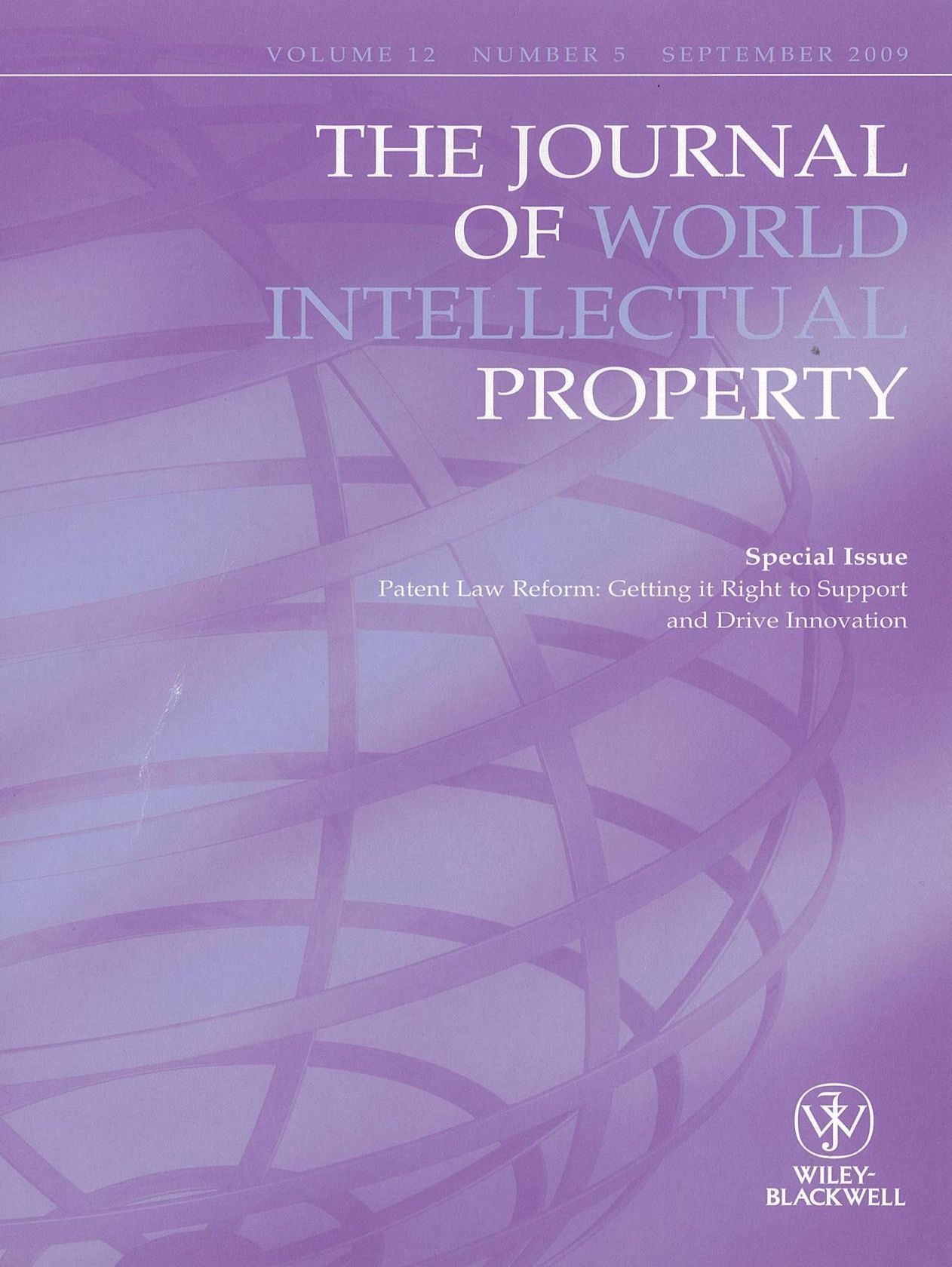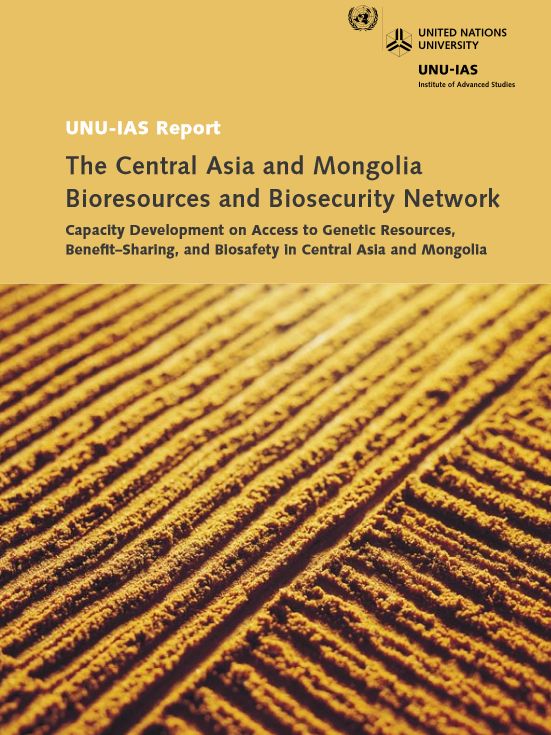Trade, intellectual property rights and sustainable development (IPDEV)
- Project
- Research Program
- Duration
-
-
Intellectual property right (IPR) rules have strong impacts on economic growth, environmental protection and social objectives. Within the IPDEV project Ecologic identifies IPR-related policies which are supportive to sustainable development goals. Based on quantitative and qualitative analysis it is investigated how especially EU-candidate countries and developing countries can take maximum advantage of IPRs rules to support sustainable development.
There is a range of views about international IPR regimes. Some argue that expansionist trends are necessary responses to technological change and globalisation. They highlight that regimes, such as TRIPS, will benefit all countries, encouraging innovation and creativity while attracting investment and technology transfer. Others point out that many countries will incur short-term costs in the form of administration and enforcement outlays that are bound to outweigh the initial benefits. The cost-benefit balance will vary widely from one country to another, but in many cases the costs will not only be extremely burdensome but also accruing mainly to developing countries.
Against this background the IPDEV project analyses how IPR rules can be most supportive to sustainable development objectives. The research is targeted at three issue areas:
- promoting environmentally-sustainable development through the use of geographical indications;
- capacity building and technical assistance for policy coherence and sustainable development; and
- exploring the flexibilities of TRIPS Article 27.3(b) to maximise policy options in biotechnology and crop breeding by (a) stimulating innovation and technology transfer, and (b) facilitating the equitable sharing of benefits arising from the commercial use of biodiversity.
The project results are represented and discussed at a seminar with interested parties, including the European Commission, Member State and Candidate Country representatives, IPR experts and other stakeholders.
IPDEV is financed within the Sixth EU Framework Programme for Research and Technological Development (FP6).
Stephanie Schlegel from Ecologic presented the findings on “Geographical Indications and their contribution to environmental quality and linkages to social & cultural issues“. Her presentation is available for download.
All reports resulting from the project may be downloaded here.
- Summary report on all work packages [pdf, 1.3 MB, English]
Ecologic's workpackages:
- Workpackage 3: Assessing the Applicability of Geographical Indications as a Means to Improve Environmental Quality in Affected Ecosystems and the Competitiveness of Agricultural Products
- Final Report WP3 [pdf, 793 KB, English]
- Case studies:
- Arroz de Valencia [pdf, 1.7 MB, English]
- Borsac Mineral Water [pdf, 867 KB, English]
- Edremit Gulf Region Olive Oil [pdf, 53 KB, English]
- West Country Farmhouse Cheddar [pdf, 24 KB, English]
- Hisarska Mineral Water [pdf, 93 KB, English]
- Idiázabal Cheese [pdf, 52 KB, English]
- Jersey Royal Potatos [pdf, 441 KB, English]
- Diepholzer Moorschnucke [pdf, 337 KB, English]
- Bulgarian Rose Oil [pdf, 22 KB, English]
- Schwäbisch Hall Quality Pork [pdf, 337 KB, English]
- Sierra Mágine Olive Oil [pdf, 897 KB, English]
- Spreewald Gherkins [pdf, 335 KB, English]
- Workpackage 5: The International Treaty on Plant Genetic Resources for Food and Agriculture Implications for Developing Countries Interdependence with International Biodiversity and Intellectual Property Law
- Final Report WP5 [pdf, 883 KB, English]
Workpackages of other institutions:
- Workpackage 4: Identifying models of best-practice in the provision of technical assitances to facilitate the implementation of the TRIPS Agreement
- Final Report WP4 [pdf, 455 KB, English]
- Workpackage 6: Assessing the economic implications of different models for implementing the requirement to protect plant varieties
- Final Report WP6 [pdf, 204 KB, English]
- Case Studies:
- Review of Economic Literature [pdf, 255 KB, English]
- Review of Legal Literature [pdf, 339 KB, English]
- Workpackage 7: Exploring the flexibilities of TRIPS to promote biotechnology capacity building and appropriate technology transfer
- Final Report WP7 [pdf, 514 KB, English]
- Workpackage 8: Disclosure of Origin in IPR Applications: Options and Perspectives of Users and Providers of Genetic Resources
- Final Report WP8 [pdf, 316 KB, English]





